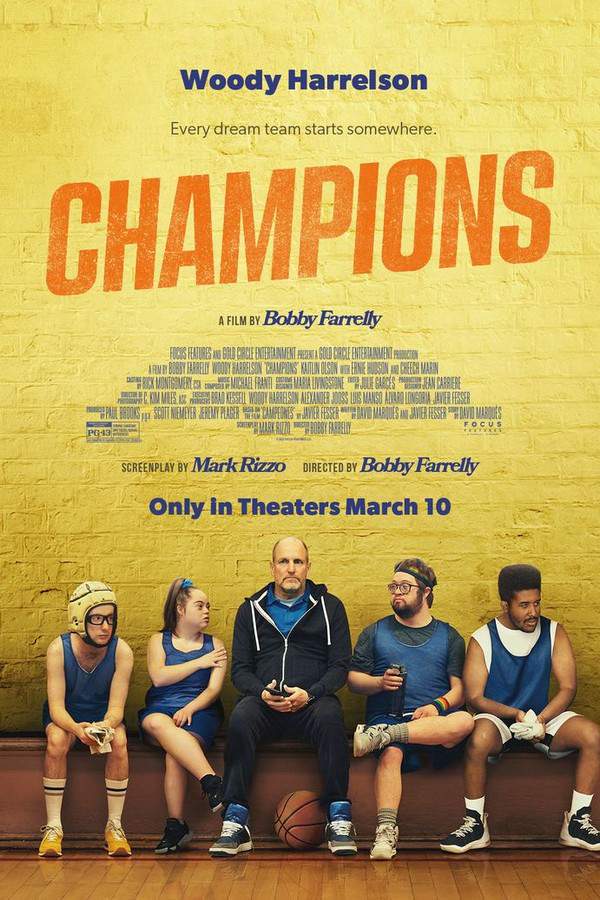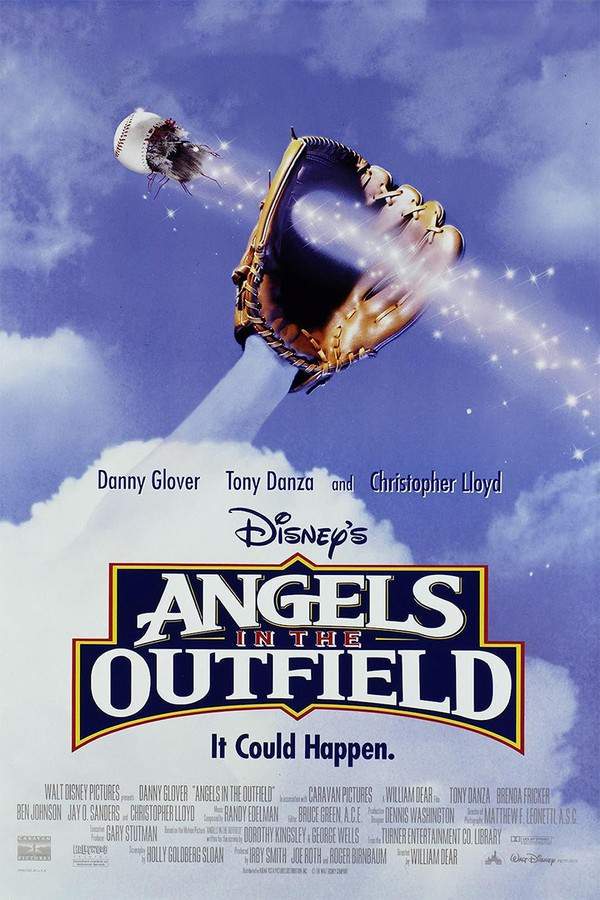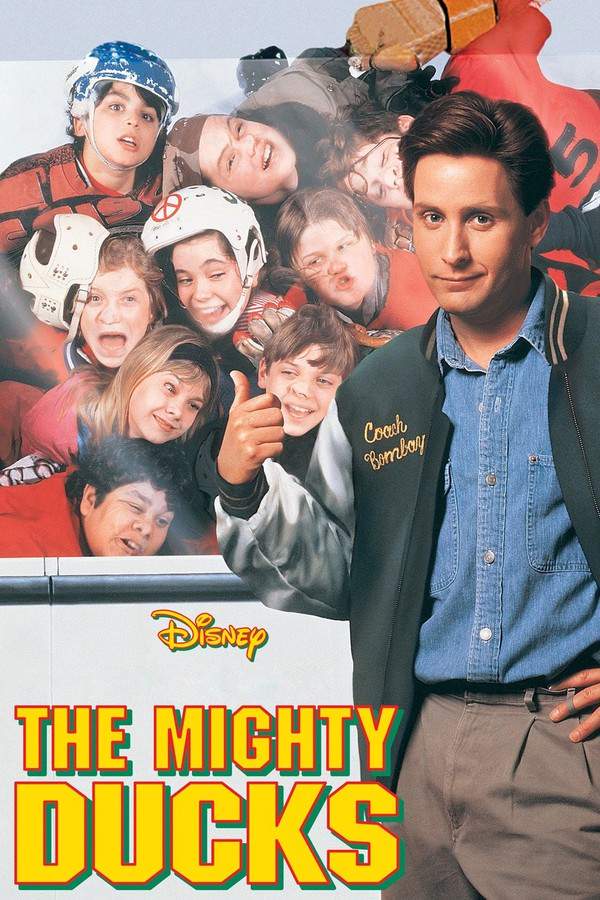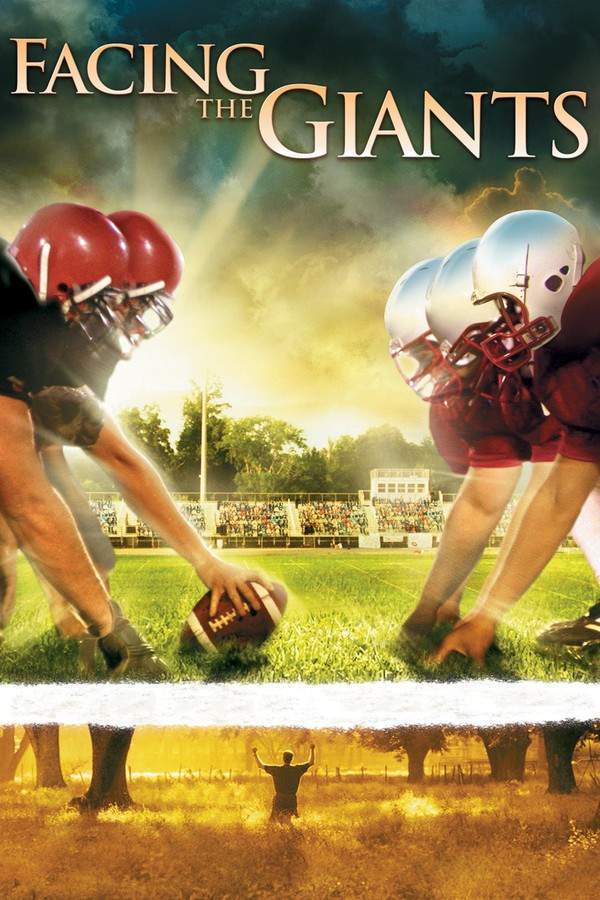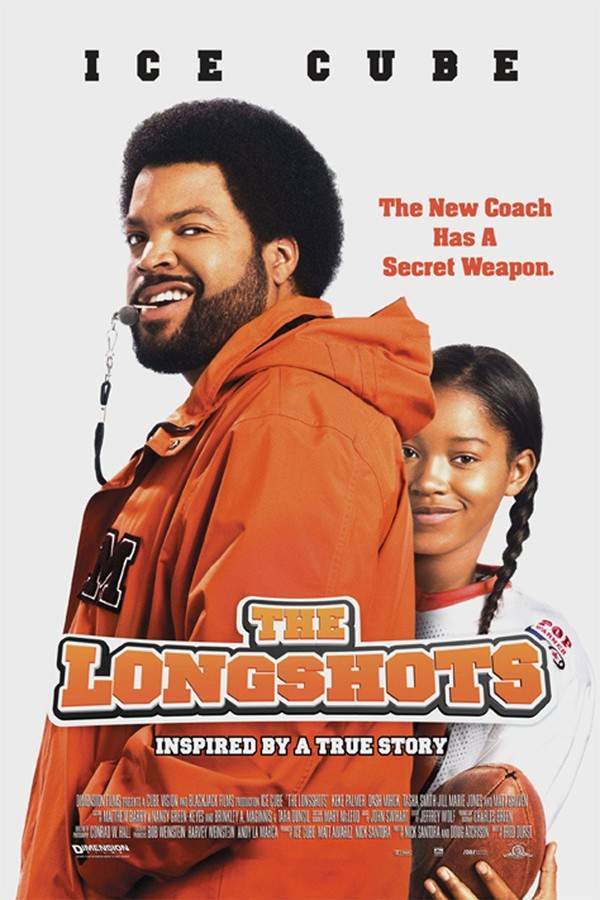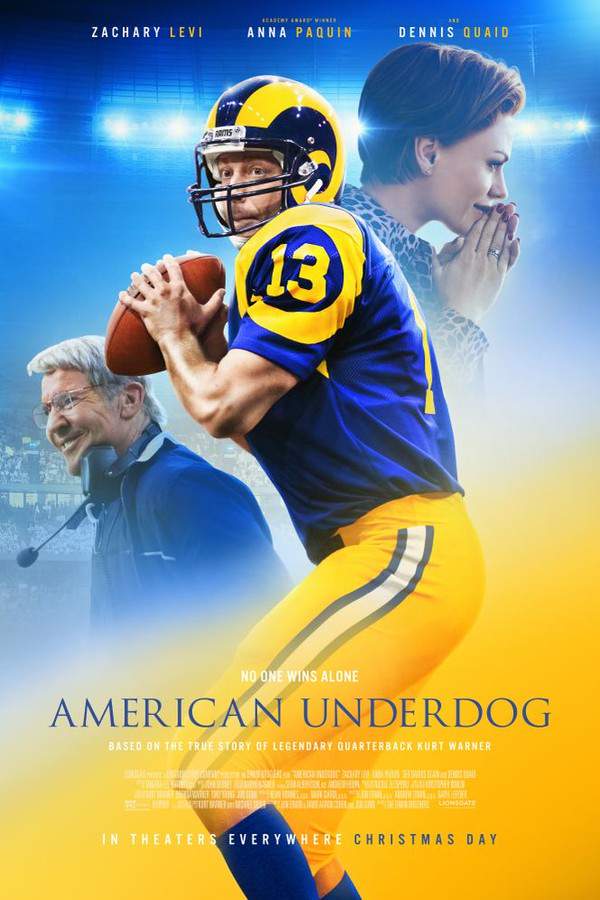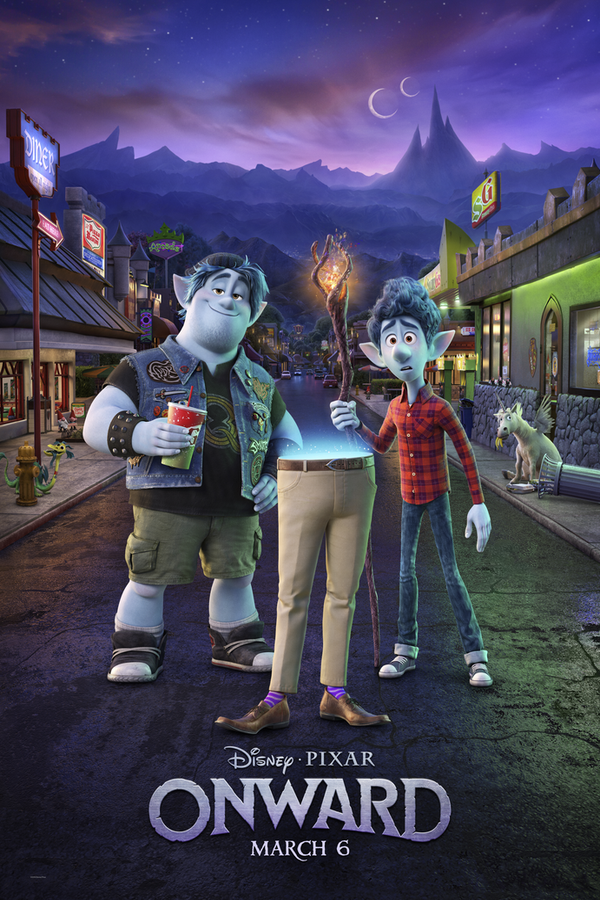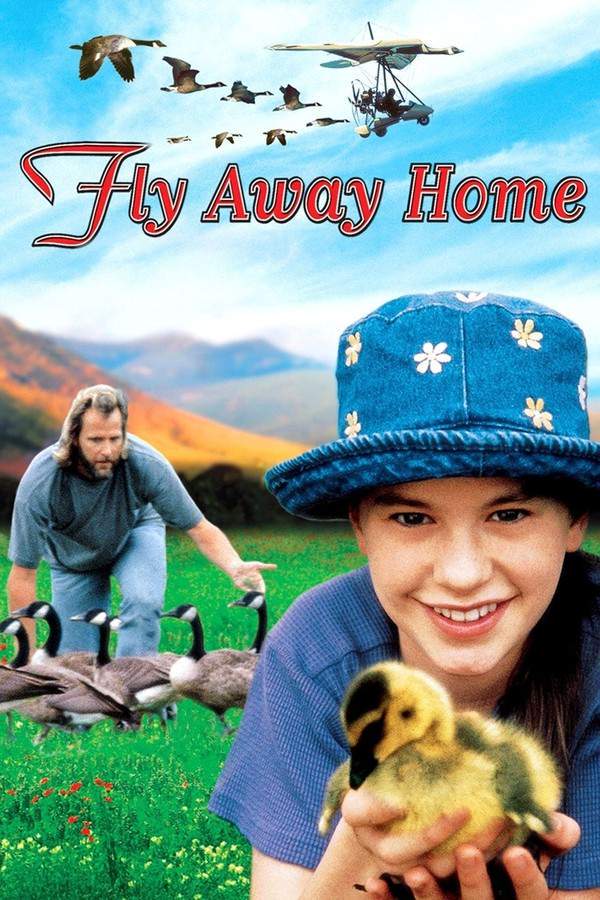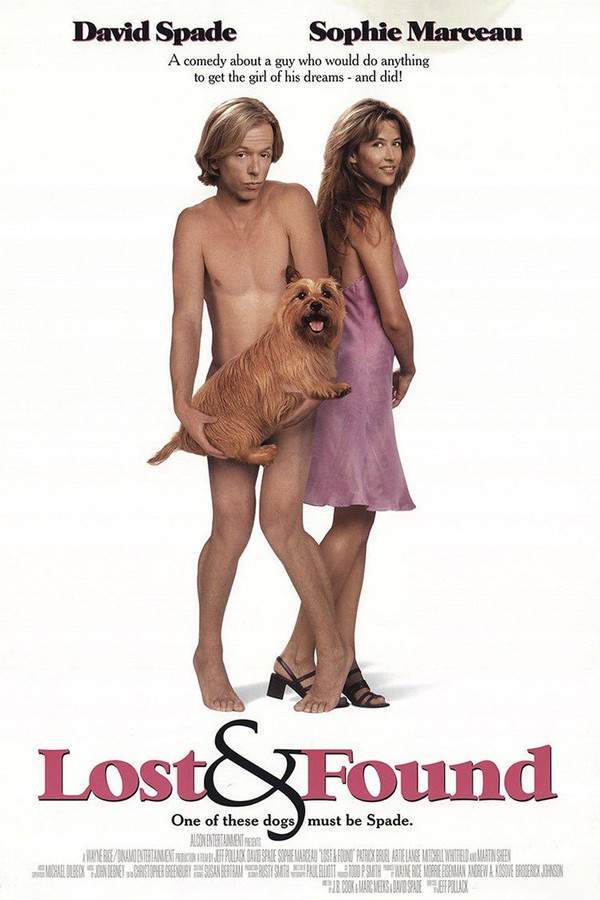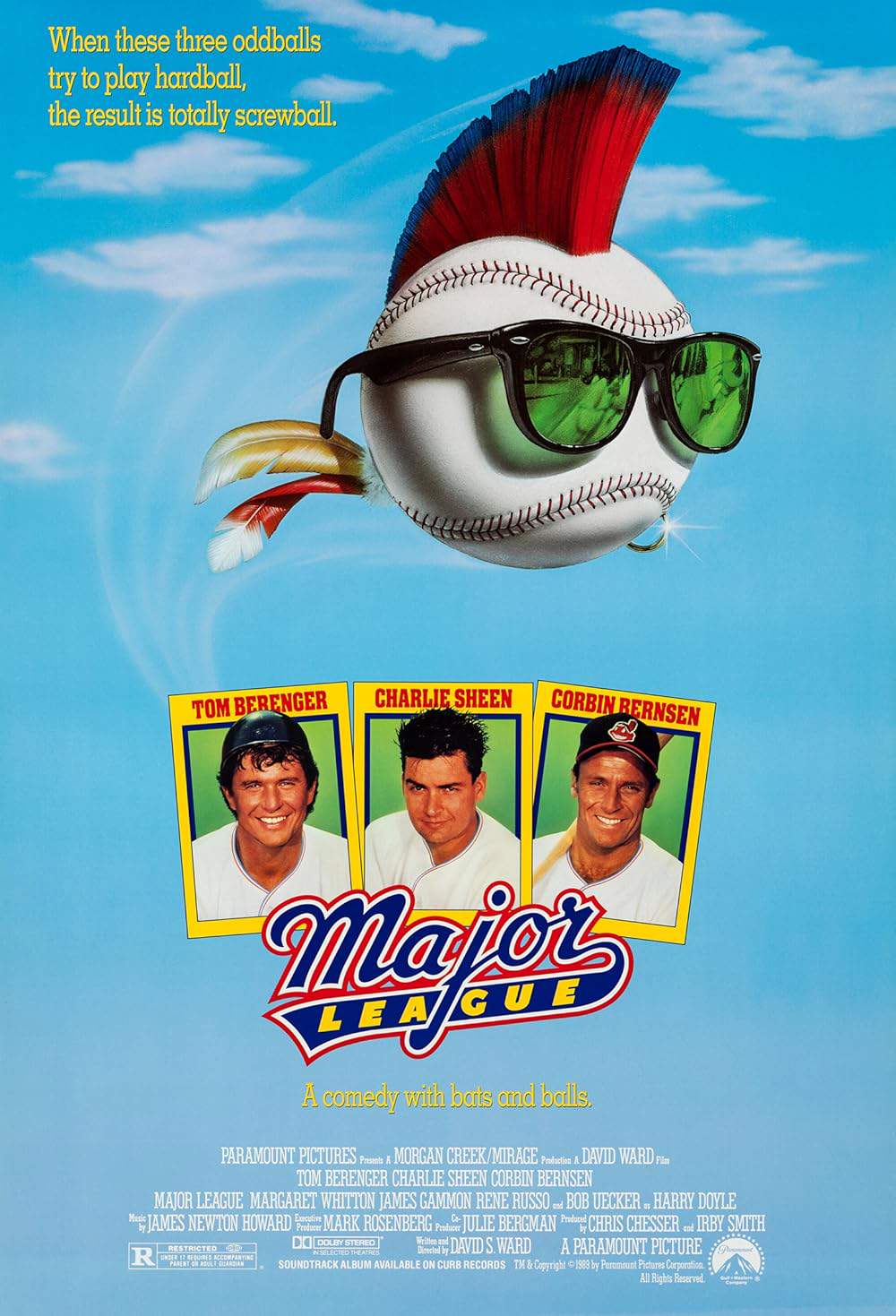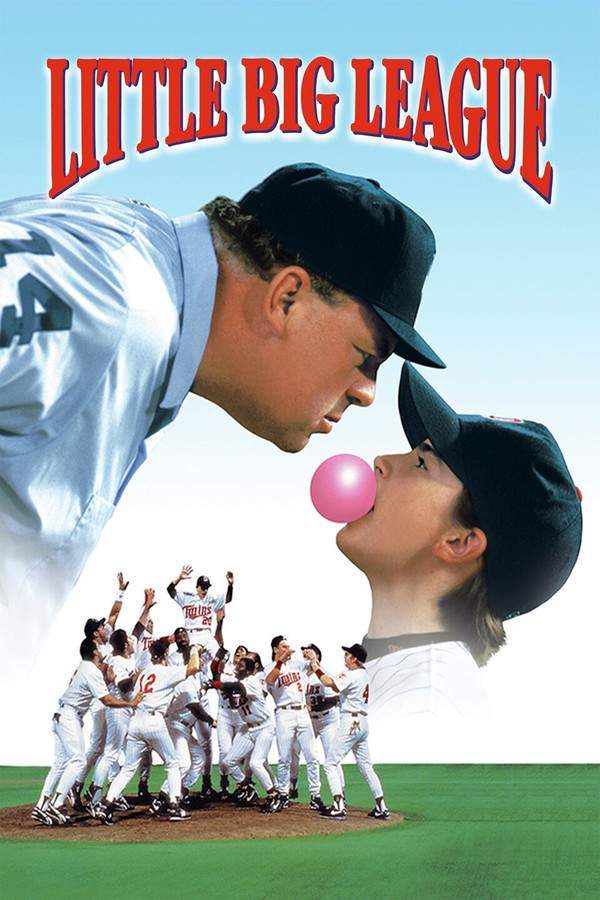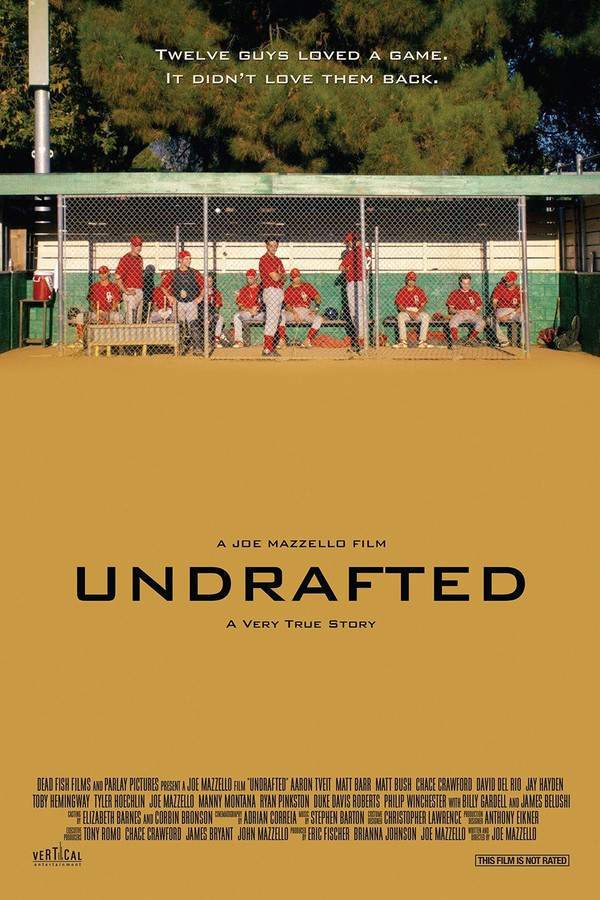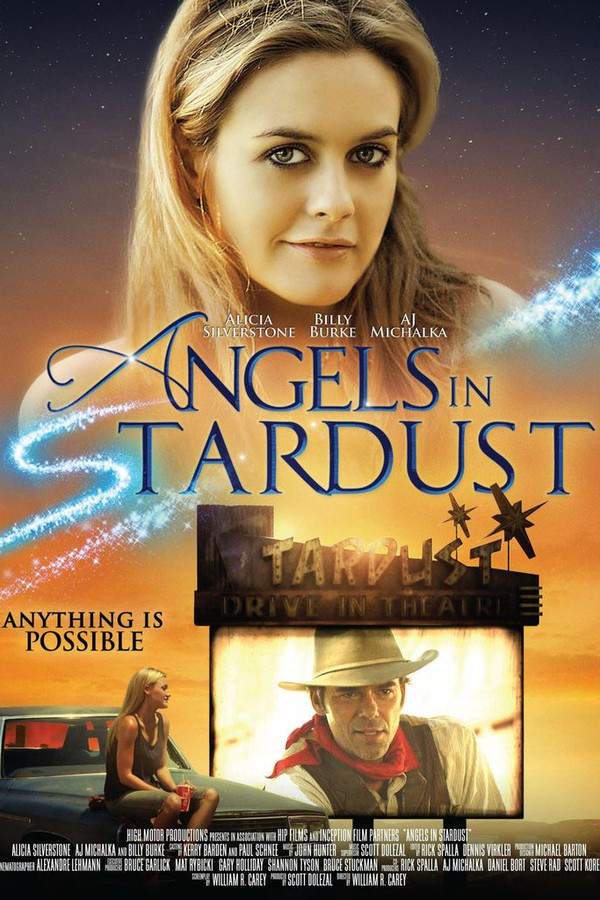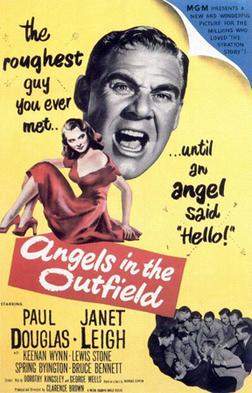
Angels in the Outfield
Year: 1951
Runtime: 99 min
Language: English
Director: Clarence Brown
A struggling baseball team, the Pittsburgh Pirates, finds their luck changing unexpectedly when their passionate manager makes a deal with a divine force. With the help of miraculous interventions, the team starts winning, captivating fans and revitalizing the city. However, the manager must learn to control his volatile personality and embrace faith to guide his team to success and understand the true meaning of victory.
Warning: spoilers below!
Haven’t seen Angels in the Outfield yet? This summary contains major spoilers. Bookmark the page, watch the movie, and come back for the full breakdown. If you're ready, scroll on and relive the story!
Angels in the Outfield (1951) – Full Plot Summary & Ending Explained
Read the complete plot breakdown of Angels in the Outfield (1951), including all key story events, major twists, and the ending explained in detail. Discover what really happened—and what it all means.
Young foster child Roger Bomman finds joy and adventure with his best friend J.P. as they sneak into games of the underperforming California Angels. Despite his joyful spirit, Roger’s heart yearns for the connection he has with his widowed father, leading him to ask when they will finally be a family again. His father’s response drips with sarcasm: > “I’d say when the Angels win the pennant.” Taking this statement to heart, Roger fervently prays for divine assistance for the Angels to secure victories.
During one of their baseball escapades, Roger watches in wonder as a group of angels, led by the gentle Al, assist the struggling team. While Roger perceives their ethereal presence clearly, the rest of the world merely attributes the miraculous events to coincidence and luck. This extraordinary gift of seeing the angels gives Roger a pivotal role in the team’s narrative as he becomes a good luck charm for the skeptical and flamboyant manager, George Knox — a man who typically has little patience for kids. With Roger’s guidance, the Angels begin to turn their fortunes around, leading to an unexpected resurrection in their season performance.
As the Angels progress to the division championship, fate presents Roger with a bitter challenge; he must miss the most crucial game due to a court hearing. It is here that Roger discovers that his father has decided to permanently relinquish custody. In his sadness, an unwitting slip by J.P. reveals to the unsympathetic sportscaster Ranch Wilder that Roger has the extraordinary ability to see angels. This information sparks a media frenzy, leading to threats against Knox’s managerial position from their owner Hank Murphy. Upon his return from the court proceedings with his caretaker Maggie Nelson, Roger finds himself caught in a whirlwind as Knox shares his own past struggles of growing up without a nurturing father, urging Roger to find strength in himself rather than expect others to fulfill his needs.
As tensions mount, Wilder sets out to destroy Knox’s career by sensationalizing the story of Roger’s unique gift, creating a rift within the team. However, in a brave moment of solidarity, Roger, his teammates, and Maggie rally together at a press conference to defend Knox, ultimately swaying Murphy to retain Knox as the manager of the Angels. The energy builds as the final game of the season approaches, but in a surprising twist, the angels do not appear to lend their support. Instead, Al appears to Roger, revealing that true championship victories must be earned through hard work and perseverance, divorced from supernatural intervention.
Roger learns of the fate of pitcher Mel Clark, who is nearing the end of his life due to heavy smoking, and Al emphasizes this pivotal moment. Rallying the team, Knox and the fans inspire Clark to rise to the occasion during a nail-biting ninth inning. Drawing from sheer determination, the Angels clinch victory without the angels’ aid, winning the division title and bringing an end to Wilder’s ridicule, who is fired for his disparaging commentary. In a heartwarming conclusion, Knox makes the life-changing decision to adopt both Roger and J.P., aspiring to become the nurturing father figure they both deserve. In a final exchange, J.P. gleefully acknowledges the reality of their angelic friends, proclaiming, “I knew it could happen,” as Al gracefully takes to the skies, leaving a lasting message: > “We’re always watching.”
Last Updated: January 19, 2025 at 18:49
Explore Movie Threads
Discover curated groups of movies connected by mood, themes, and story style. Browse collections built around emotion, atmosphere, and narrative focus to easily find films that match what you feel like watching right now.
Movies with whimsical sports miracles like Angels in the Outfield
Stories where a touch of magic helps an underdog team find its heart.If you enjoyed the magical intervention in Angels in the Outfield, you'll love these movies where underdog teams get a fantastical helping hand. Discover similar family-friendly sports fantasies about belief, teamwork, and heartwarming turnarounds.
Narrative Summary
The narrative follows a struggling team that hits a low point before a whimsical or miraculous force intervenes. This external help catalyzes a winning streak, but the true arc is about the team learning self-reliance and discovering that their real strength comes from within, often culminating in a human-powered final victory.
Why These Movies?
Movies are grouped here for their shared blend of realistic sports drama with light fantasy elements, creating a hopeful and inspirational mood. They consistently feature underdog stories, themes of faith and perseverance, and emotionally satisfying conclusions.
Heartwarming found family stories like Angels in the Outfield
Emotional stories where lonely characters build new, supportive families.Fans of the emotional core of Angels in the Outfield will appreciate these movies about forming new families. Explore stories similar to the orphan's journey, focusing on redemption, fatherhood figures, and the healing power of connection.
Narrative Summary
The narrative pattern begins with a character experiencing loneliness or a lack of belonging. A catalyst event introduces them to a new group or individual. Through a series of shared experiences, trust is built, wounds are healed, and a new, chosen family unit is solidified, providing a sense of home and unconditional support.
Why These Movies?
These movies are grouped for their powerful focus on the theme of found family. They share a heartwarming and comforting mood, often involving redemption arcs for parental figures and portraying the profound impact of offering and receiving love and belonging.
Unlock the Full Story of Angels in the Outfield
Don't stop at just watching — explore Angels in the Outfield in full detail. From the complete plot summary and scene-by-scene timeline to character breakdowns, thematic analysis, and a deep dive into the ending — every page helps you truly understand what Angels in the Outfield is all about. Plus, discover what's next after the movie.
Angels in the Outfield Timeline
Track the full timeline of Angels in the Outfield with every major event arranged chronologically. Perfect for decoding non-linear storytelling, flashbacks, or parallel narratives with a clear scene-by-scene breakdown.

Characters, Settings & Themes in Angels in the Outfield
Discover the characters, locations, and core themes that shape Angels in the Outfield. Get insights into symbolic elements, setting significance, and deeper narrative meaning — ideal for thematic analysis and movie breakdowns.

Angels in the Outfield Spoiler-Free Summary
Get a quick, spoiler-free overview of Angels in the Outfield that covers the main plot points and key details without revealing any major twists or spoilers. Perfect for those who want to know what to expect before diving in.

More About Angels in the Outfield
Visit What's After the Movie to explore more about Angels in the Outfield: box office results, cast and crew info, production details, post-credit scenes, and external links — all in one place for movie fans and researchers.

Similar Movies to Angels in the Outfield
Discover movies like Angels in the Outfield that share similar genres, themes, and storytelling elements. Whether you’re drawn to the atmosphere, character arcs, or plot structure, these curated recommendations will help you explore more films you’ll love.
Explore More About Movie Angels in the Outfield
Angels in the Outfield (1951) Scene-by-Scene Movie Timeline
Angels in the Outfield (1951) Movie Characters, Themes & Settings
Angels in the Outfield (1951) Spoiler-Free Summary & Key Flow
Movies Like Angels in the Outfield – Similar Titles You’ll Enjoy
Major League (1989) Ending Explained & Film Insights
Fever Pitch (2005) Plot Summary & Ending Explained
Angels in the Outfield (1994) Full Movie Breakdown
Little Big League (1994) Ending Explained & Film Insights
Undrafted (2016) Plot Summary & Ending Explained
Angels in Stardust (2014) Spoiler-Packed Plot Recap
Angels in the Infield (2000) Plot Summary & Ending Explained
Angeliena (2021) Story Summary & Characters
The Trouble with Angels (1966) Story Summary & Characters
Angels Over Broadway (1940) Full Movie Breakdown
Angels in the Attic (1998) Detailed Story Recap
Angels Wash Their Faces (1939) Ending Explained & Film Insights
And the Angels Sing (1944) Movie Recap & Themes
Angels in the Endzone (1997) Full Summary & Key Details
Angel in My Pocket (1969) Plot Summary & Ending Explained


